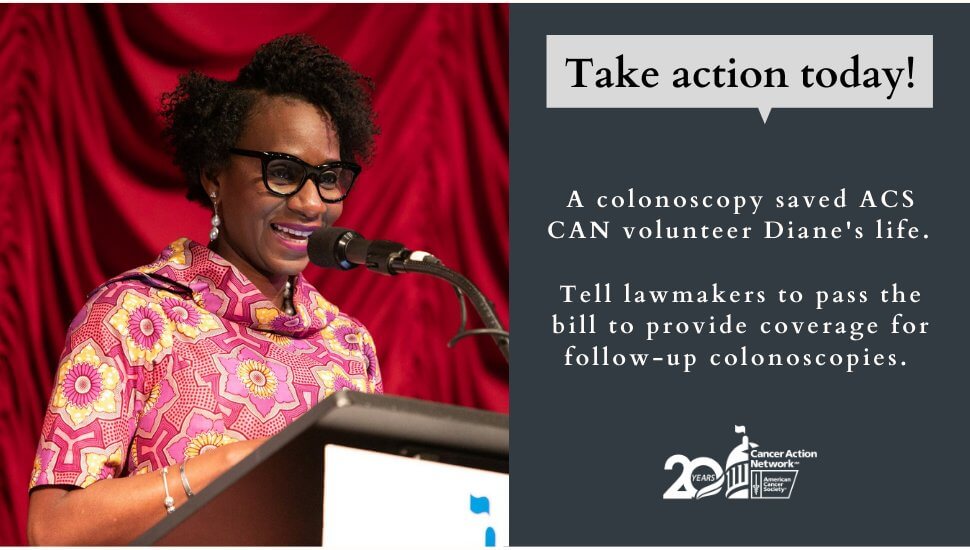The effort to combat colorectal cancer in New York has taken another step forward with the passage of legislation (A2085A) from Assemblyman Jeffrey Dinowitz.
The measure aims to expand access to colorectal cancer screenings, which reduces the odds of being diagnosed with colon cancer from 1 in 17 to 1 in 100. Specifically, the bill would require that insurance providers include coverage for these screenings for everyone who is considered to be “average risk” by the American Cancer Society. This threshold is currently set at age 45 and preventative screenings include both lab tests and follow-up colonoscopies.
“Cancer screenings save lives. Sadly, African Americans are about 20% more likely to get colorectal cancer and about 40% more likely to die from it than most other groups,” said American Cancer Society Cancer Action Network Senior New York Government Relations Director Julie Hart. “This legislation is an important step to reduce disparities in colorectal cancer mortality rates,” . “New Yorkers should not have to face the possibility of forgoing a possible life-saving colonoscopy because they do not have the resources to pay for it. We are grateful to Assembly Member Jeff Dinowitz for his commitment to reducing disparities and fighting colorectal cancer.”
The issue of colon cancer risk among younger people was highlighted by the death of actor Chadwick Boseman in 2020. Unfortunately, despite medical evidence that preventative screenings have a significant benefit in reducing cancer fatalities, some insurance companies may not cover all types of preventative screenings or may pass those costs onto customers in the form of deductibles or other fees. This means that people are often asked to pay out-of-pocket for these procedures, often resulting in the deferral of colorectal cancer screenings until after treatment is less likely to be successful.
According to the American Cancer Society, most colorectal cancers start as a growth (polyp) on the inner lining of the colon or rectum. Certain types of polyps are more likely to become cancerous, but these polyps are only discernable through the use of screening exams.
The legislation is awaiting action by the State Senate.
“Countless studies have demonstrated that it is far more affordable and far more effective to catch cancer early, especially colorectal cancer,” Dinowitz said. “This legislation is low-hanging fruit – with immediate fiscal costs falling on multi-billion dollar insurance providers who ultimately should save money in the long-term due to the avoidance of later complications. I am very grateful to the advocates who helped fight for this bill to pass, and I am hopeful that the State Senate will follow suit before session ends.”






















